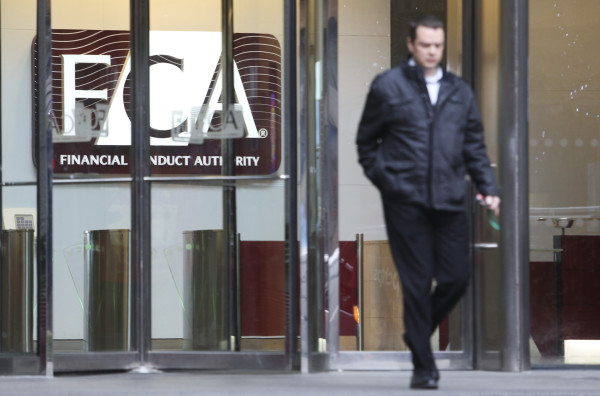

One-stop-shop businesses that offer consumers financial products and advice have been red flagged to the regulator by the industry as potential hot-beds of conflicts of interest.
The regulator has responded by saying it will look into the issues raised.
The concern is revealed in the Financial Conduct Authority’s final report into the asset management market, published today (28 June), which follows its investigation into whether investment products consumers use offer value for money.
According to the report, “a number” of respondents to the FCA’s November 2016 consultation raised concerns about conflicts of interest in so-called vertically integrated firms.
These businesses - which own and control every part of the value chain from financial advice to selling products, platform administration and fund management - have emerged in the last few years, and are starting to dominate the market.
Major vertically integrated players include Standard Life and Old Mutual Wealth. Each has advice, platform, fund management and product selling arms, designed to capture all the needs of each customer, without the use of outside businesses.
Financial advisers have been some of the fiercest critics of this emerging trend for one-stop-shop giants, arguing it goes against the spirit, if not the actual wording, of the Retail Distribution Review.
A major reason for the introduction of the RDR was to severe the stranglehold of influence life companies and fund management houses had over the provision of financial advice.
One respondent to the FCA’s consultation argued that vertical integration has increased since the RDR and that in their opinion this could be interpreted as providers seeking alternative routes to regain their influence on the retail market.
Other respondents had concerns about model portfolios and outcome-focused products.
The main issues raised were they are poor value for money, including extra fees for limited additional value, have potentially higher tax liabilities if investors use a model portfolio, and have poor transparency.
The FCA stated in today’s paper that some of these issues will be covered in its upcoming market study into investment platforms.
It added that the financial advice industry “continues to be one of our priorities and we will continue to monitor and act on any risks to our objectives in this area”.
“As part of our work implementing the Financial Advice Market Review recommendations, the FCA and the Treasury have been working together to develop indicators to provide an overview of the market for advice and establish a baseline to help monitor developments in the market.
“The work considers issues from both supply and demand side perspectives and will be published on the FCA’s website in Q3 2017.”
The UK’s asset management industry is the second largest in the world, managing around £6.9trn of assets. Over £1trn is managed for UK retail (individual) investors and £3trn on behalf of UK pension funds and other institutional investors. The industry also manages around £2.7trn for overseas clients.
laura.miller@ft.com



